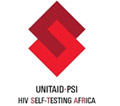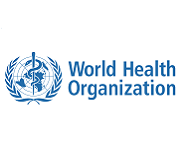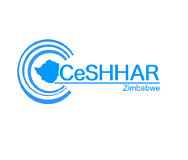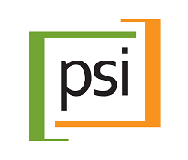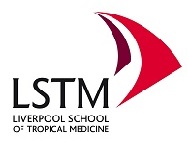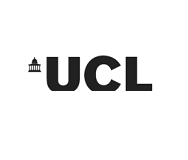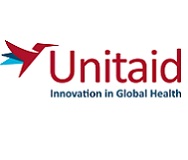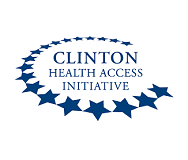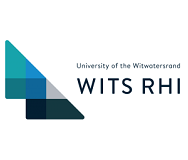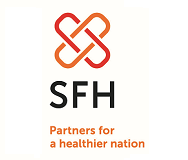Understanding the policy process to explain how stakeholders and policy actors interact and influence the direction of HIV self-testing policy
By Nuri Ahmed, Doctoral student at LSHTM – 12th February 2017
Supervisors: Dr Miriam Taegtmeyer (LSTM) and Fern Terris-Prestholt (LSHTM)
The UNITAID-PSI STAR project aims to scale-up HIV self-testing in Zambia, Malawi and Zimbabwe.
As part of my doctoral work at LSHTM, I designed a piece of qualitative research to understand the policy process around HIV partner notification in Zambia. During my data collection in Zambia, Zambia AIDS Related Tuberculosis (ZAMBART) project hosted my work. To understand the policy process and answer my research question, I interviewed participants from the Ministry of Health (national and district level), international and local non-governmental organisations, academia, media, local foundation and donor agencies. The intended result of this policy analysis is to describe for the STAR team the current policy environment in which stakeholders and policy actors make policy decisions.
The policy analysis uses Walt and Gilson’s policy analysis triangle (Figure1) and stakeholder analysis to understand the policy process by looking at process, power of policy actors, contexts, and contents. In addition, the stakeholder analysis will provide insights on how the health policy develops and the feasibility of future policy directions. It will facilitate the understanding of how each actor is involved, how they interact (internally and externally) and influence policy, the policy process that transpires under these influences, and the context within which these policy actions occur. These frameworks have been utilized in both developing and developed countries. In the Zambian context, it will allow the policy analysis to systematically identify various factors and internal and external relationships that affect the health policy process.
Figure 1: A holistic approach policy process (Walt and Gilson, 1994)
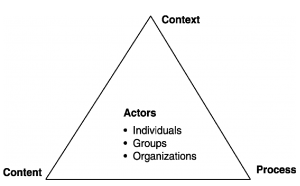
It is vital to understand the policy process in order to maximize the role of evidence as a basis for policy making. This study is expected to make several contributions to the STAR project: to harmonize policy recommendations and to inform future development of guidelines on HIV self-testing policy from the perspective of the HIV partner notification policy.

